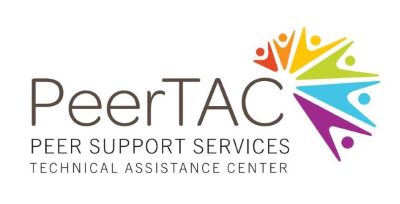Organizational Recovery: A Bridge to Leadership

An Interview with Edye Schwartz
This blog is about an interview that was conducted with Edye Schwartz, DSW, LCSW, Principal at Edye Schwartz Consulting, LLC following a strategic plan consultation with Recovery and Resilience Solutions (RRS).

During the interview, Edye shared several key points in developing an organization focused on recovery approaches. Some key points mentioned are below:
- Empowerment – Organizations need to be able to provide programs that enable people to feel empowered and get back the life they want and deserve. Administrators need to support the organization and staff to allow for that.
- Peer Support – This provides lived examples to program participants and other staff that recovery is possible. This can help staff increase their belief that change is possible.
- Recovery Focus – Check the recovery focus of your organization. Call your registration number to experience the process of setting up an appointment, sit in on groups, and walk the facility to assess the environment. Check if it is clean and respectful with current literature. Sit in groups to see if they are about real-life situations, curiosities and needs based on the priorities of your participants.
- Organizational Culture – It is complex, like an iceberg. A lot if it is underneath the surface. Minimize things that show a lack of respect such as staff only bathrooms. Mutuality and sharing of power break down barriers and create an environment of empowerment for both the staff and the participants.
- Experimentation – Focus on finding the most effective approaches and do not be afraid to make mistakes along the way.
- Program Development – Create programs based on theories that support the organization’s mission and vision. It is where the real work is.
- Complaining Gets You Nowhere – Focus on using your energy on making the necessary changes to be productive and satisfied.
- Know Your Strengths and Needs– Leaders need to understand there are multiple leadership styles and how they complement each other.
- Develop Fertile Ground – Develop a recovery culture before adding peers so they have a supportive environment in which to thrive.
- Make Recovery Real – Let staff see people who are living recovery so staff can see it is possible.
- Emotional Safety – Watch out for micro and macro aggressions as they undermine the culture of the organization.
- Be Transparent – Tell people what they can expect so they can make informed choices when joining.
Develop the difference in recovery-based programs. They lead to better outcomes, good publicity, improved retention, and better recruitment.
Crestwood Recovery Resilience Solutions, Viva La Evolution #006. Interview by Lori Ashcraft.
Summary by Stephen Nawotniak, Alliance for Rights and Recovery
More About Viva La Evolution and Crestwood.
Developed by Crestwood Behavioral Health
With Contributions by the Alliance for Rights and Recovery (formerly New York Association of Psychiatric Rehabilitation Services)
For PeerTAC





